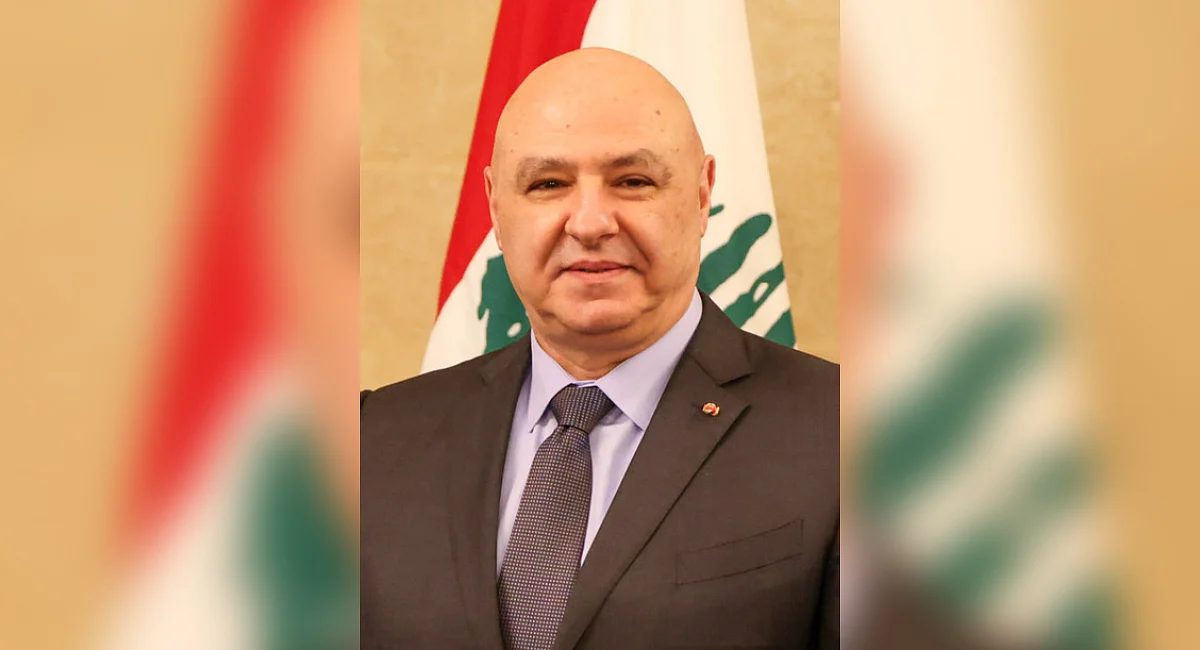Aoun said that Israeli troops in Lebanon “obstruct the complete deployment of the army up to the internationally recognised borders”.
According to the ceasefire agreement, Hezbollah must pull its fighters north of the Litani River, around 30 kilometres (20 miles) from the border with Israel, leaving the Lebanese army and UN peacekeepers as the only armed parties in the area.
The United States has been calling on Lebanon to fully disarm Hezbollah, and Lebanese authorities sent their response to Washington’s demand this week.
The response was not made public, but Aoun stated that Beirut was determined to “hold the monopoly over weapons in the country”.
The implementation of this move “will take into account the interest of the state and its security stability to preserve civil peace on one hand, and national unity on the other”, hinting that Hezbollah’s disarmament will not be done through force.
Hezbollah, a powerful political force in Lebanon, is the only non-state actor to have officially retained its weaponry after the end of Lebanon’s 15-year civil war in 1990, as parts of southern Lebanon were still under Israeli occupation at the time.
The Lebanese group was heavily weakened following its year-long hostilities with Israel, which escalated into a two-month war in September.
